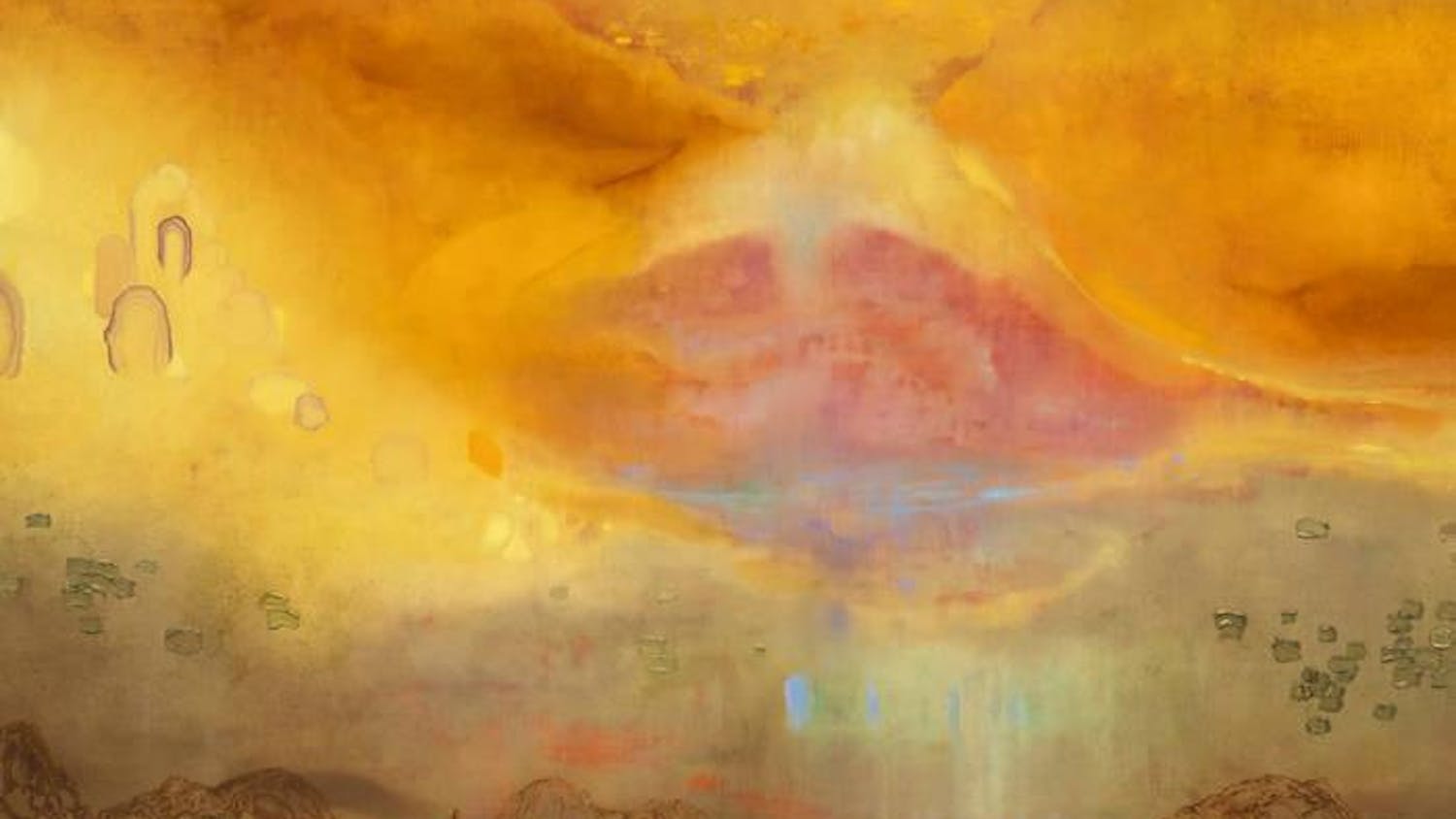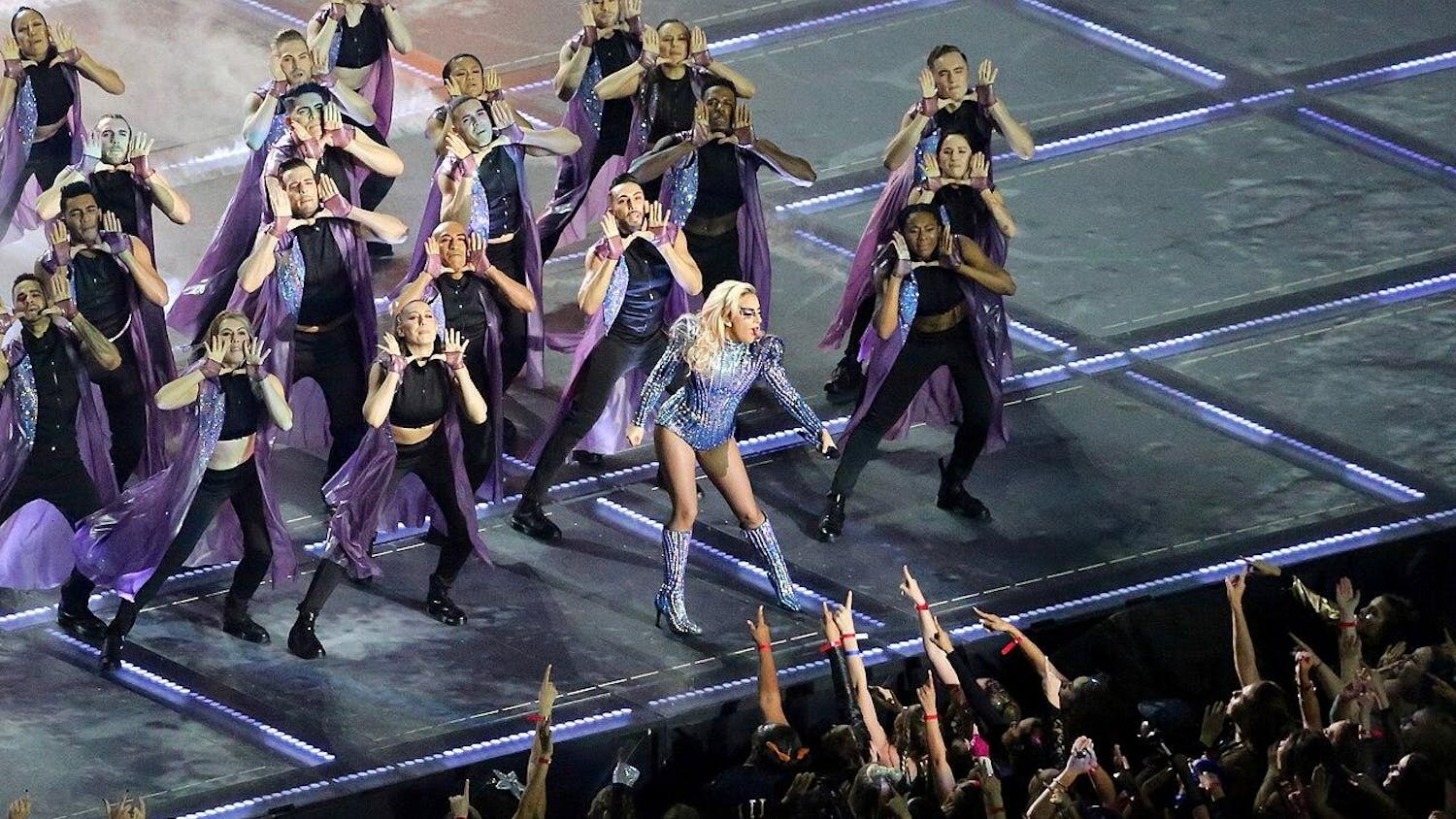As a poet, I have developed my craft for over seven years now. Over these many years, I have written so many terrible things, so many poorly-written poems. So, I worked hard to create something good. A couple of years ago, I got my first poem published in an amateur magazine, and then a college literary magazine. Now, I have so many poems I can be proud of; nuanced, rhythmic and detailed poems — works that require deep effort and show certain skill.
This is why Rupi Kaur’s success is utter garbage.
I don’t mean garbage in the sense that A. R. Ammons presents garbage, as something with value. I mean garbage in the way that she would mean garbage if she wrote about it: with shallowness. It is utterly useless word vomit, scraps that she has tossed to us. Does she have any respect for the people she is presenting this to? She has presented us with nothings on quirky black and white paper. We expect serious art that pushes our perspectives, thoughts and understanding of life and its mysterious depth. It appears as though minimal effort was put into crafting these empty musings. Most of the time, her work falls flat of any value; of course, sometimes it tickles the right neuron. A broken clock is right twice a day. I can give some examples of things I ‘like.’ But first, I’d like to discuss the overwhelming majority of her fruitless debris.
Milk and honey is one of Rupi Kaur’s best known works. Somehow, it is a #1 New York Times Bestseller. The book is about “love,” “loss,” “trauma,” “abuse,” “healing” and “femininity” as Kaur puts it. I have no issue with this. In fact, I commend Kaur for dealing with her pain through art and creating something she can be proud of. Unfortunately, I do not hold the same sentiment towards her work as she herself does, and you should not either. This is a journal, which is effective in the sense that it helps Kaur process trauma. I disagree with the notion that it is something with publishable quality, however — it is not a book of art. Well, she does include fun little sketches throughout the book — that’s cool, I guess. But she could have filled that space with … I don’t know, maybe actual poetry. I flip through the book (which I decided to buy only to write this article) and find lower-cased quatrains and couplets among some larger works. On page 17, she writes:
you were so afraid
of my voice
i decided to be
afraid of it too
On page 23:
the idea that we are
so capable of love
but still choose
to be toxic
On page 58:
i am ready for you
i have always
been
ready for you
These are examples of what poetry is not. It has all the quirk, without the substance. Nothing deeper is evoked by the language. Everything is surface level. This is also synonymous with a lot of what has become known as “Instagram poetry.” This is a phenomenon in which writers on social media self-publish their work, which generally leads to lower quality art flooding the internet. This work is often meant to be grasped by the entire populace, lacking what most good poetry develops in an attempt to reach a broader audience. It is because of this that people of this age do not take poetry as seriously as they should. In popular movies, it is not uncommon for the laughable characters to be ones that write poetry. An exception to this trope is Dead Poets Society (what a good movie!). The potential for poetry is for it to fundamentally move the world, shake foundations, inspire and more. Her work is a step in the opposite direction; her influence has dried up the abundance of actual valuable and skillful poetry online. She is garbage, stinking up the room.
Okay, she isn’t all that bad. She is almost all that bad, though. Still, I was able to find a couple of simple phrases or metaphors of hers that struck a chord with me. On page 171, she writes:
our backs
tell stories
no books have
the spine to
carry
The wordplay on spine here is fun. That is all. So many of her poems have good ideas in them, don’t get me wrong. The execution is just so lackluster. She does too much telling, no showing. This is one of the great rules of writing! Yet, she makes the same naive mistakes as I did so many years ago (and occasionally still). Sometimes, her poems aren’t even complete thoughts. On page 111, she writes:
the abused
and the
abuser
These are nouns. This is not poetry. And those who find interest in this type of writing, I urge you to look elsewhere. Perhaps Sylvia Plath, maybe Dylan Thomas, hell, Ocean Vuong is a great alternative for contemporary poetry. Does her work operate well as a self-soothing written collection? Sure. Is it excellent poetry? No. And I will die on this hill.
Caidan Pilarski is a junior in the College of Arts and Sciences. He can be reached at cwp56@cornell.edu.
Hater Friday runs on Fridays and centers around critiquing media or culture.











